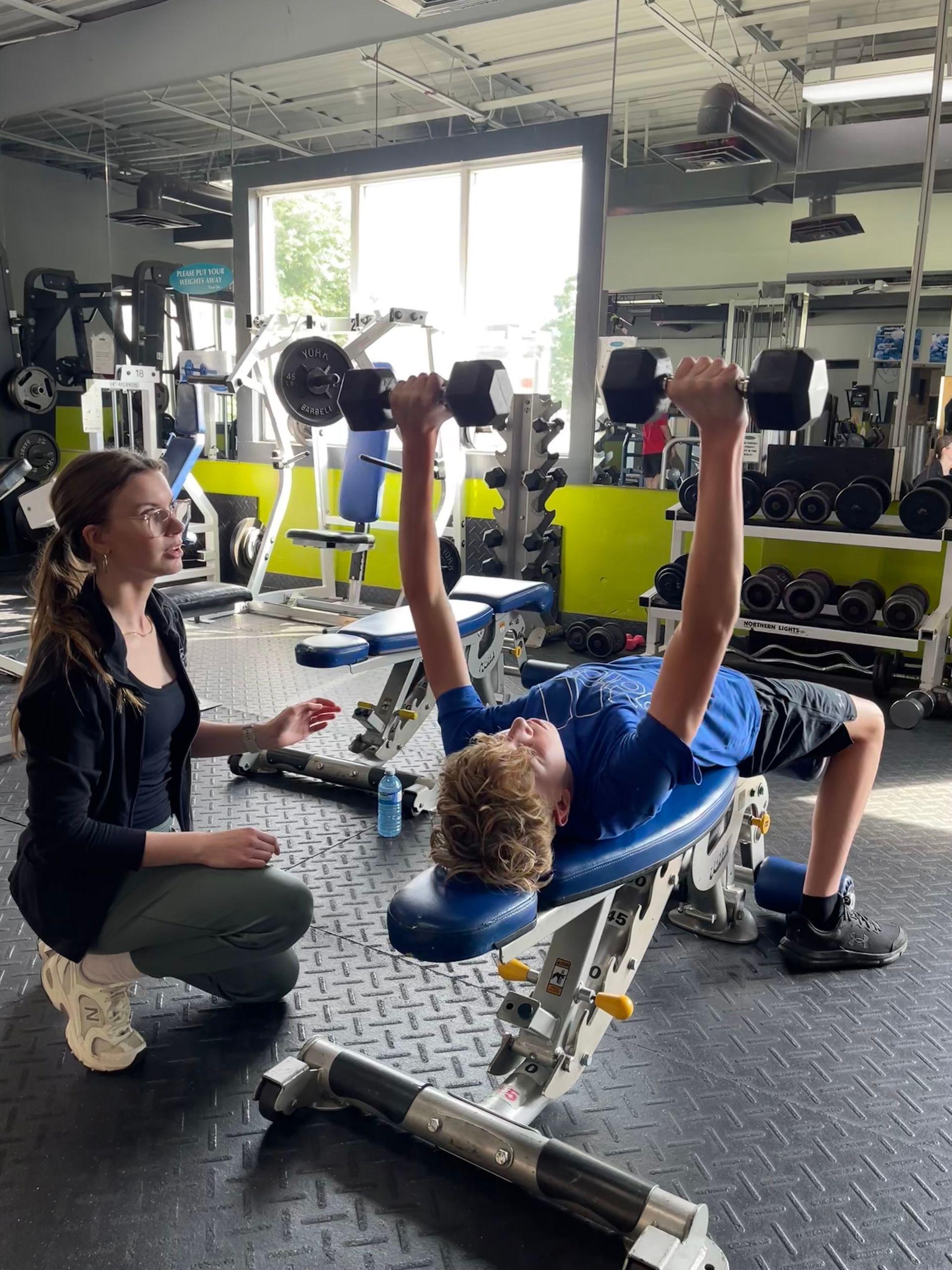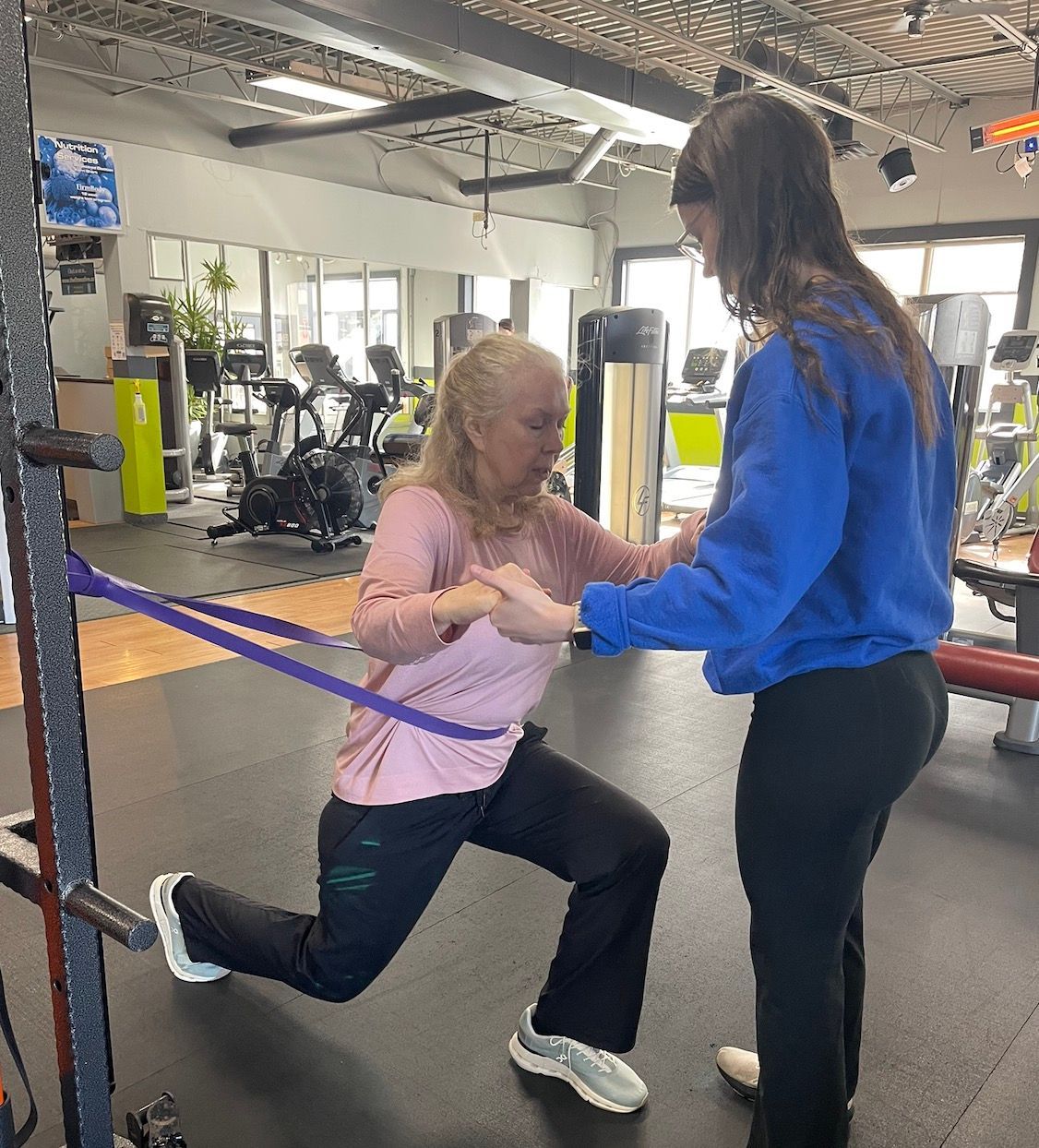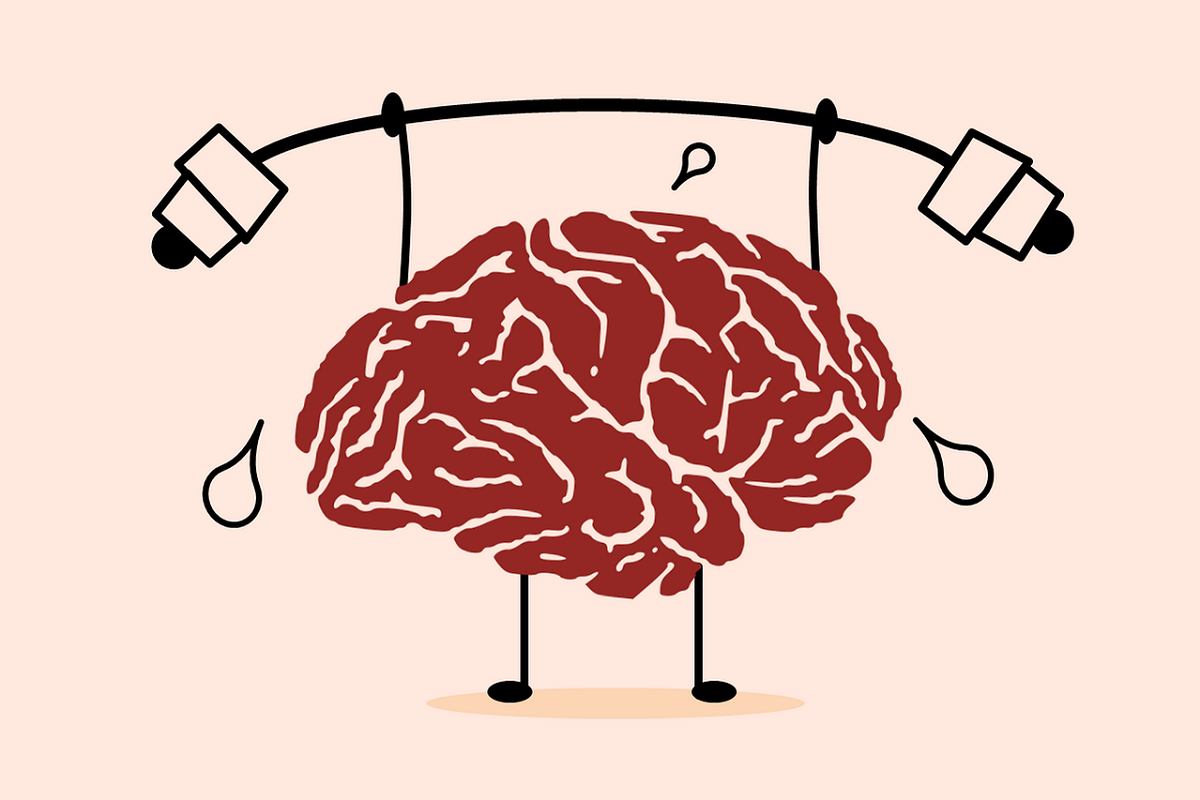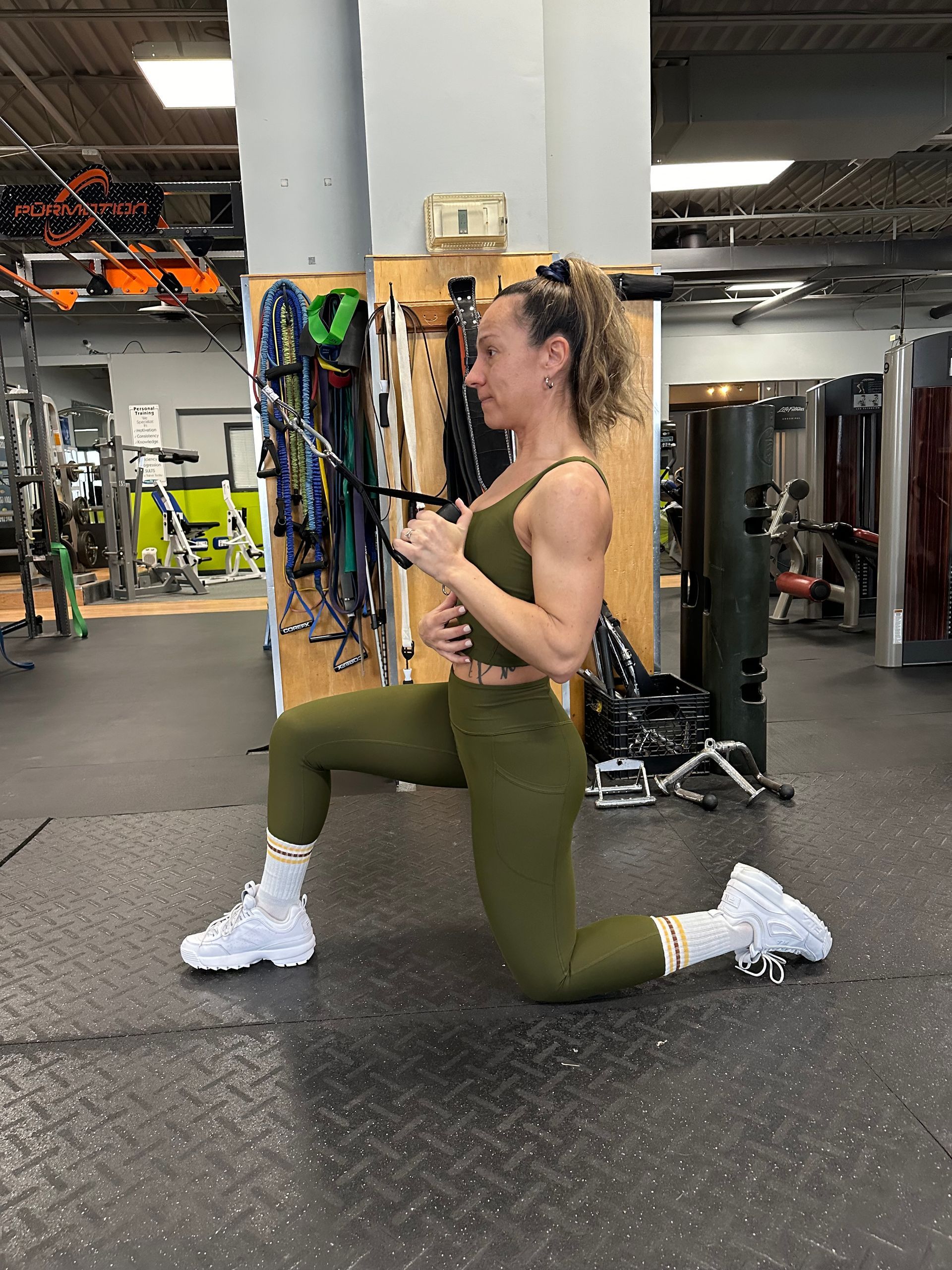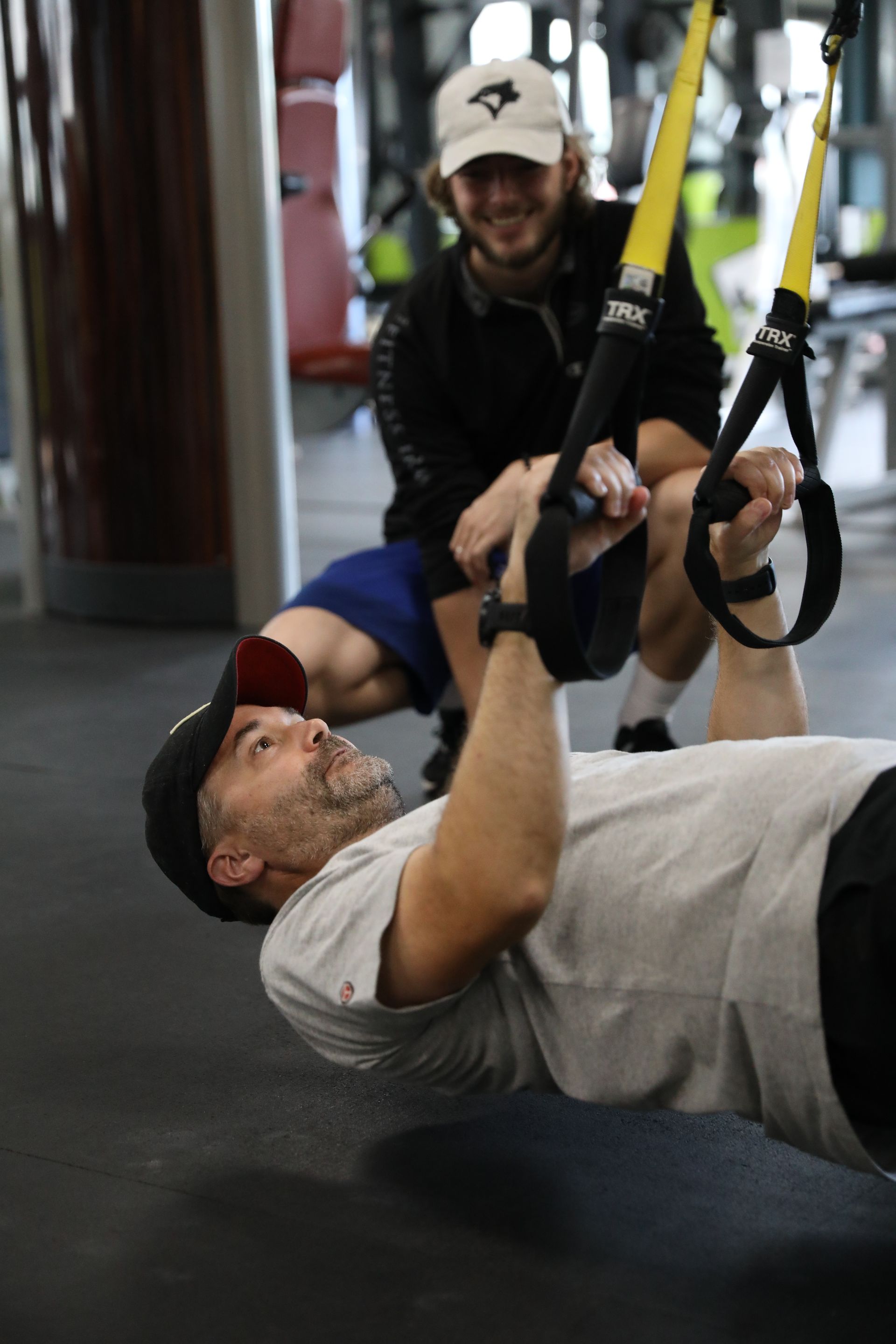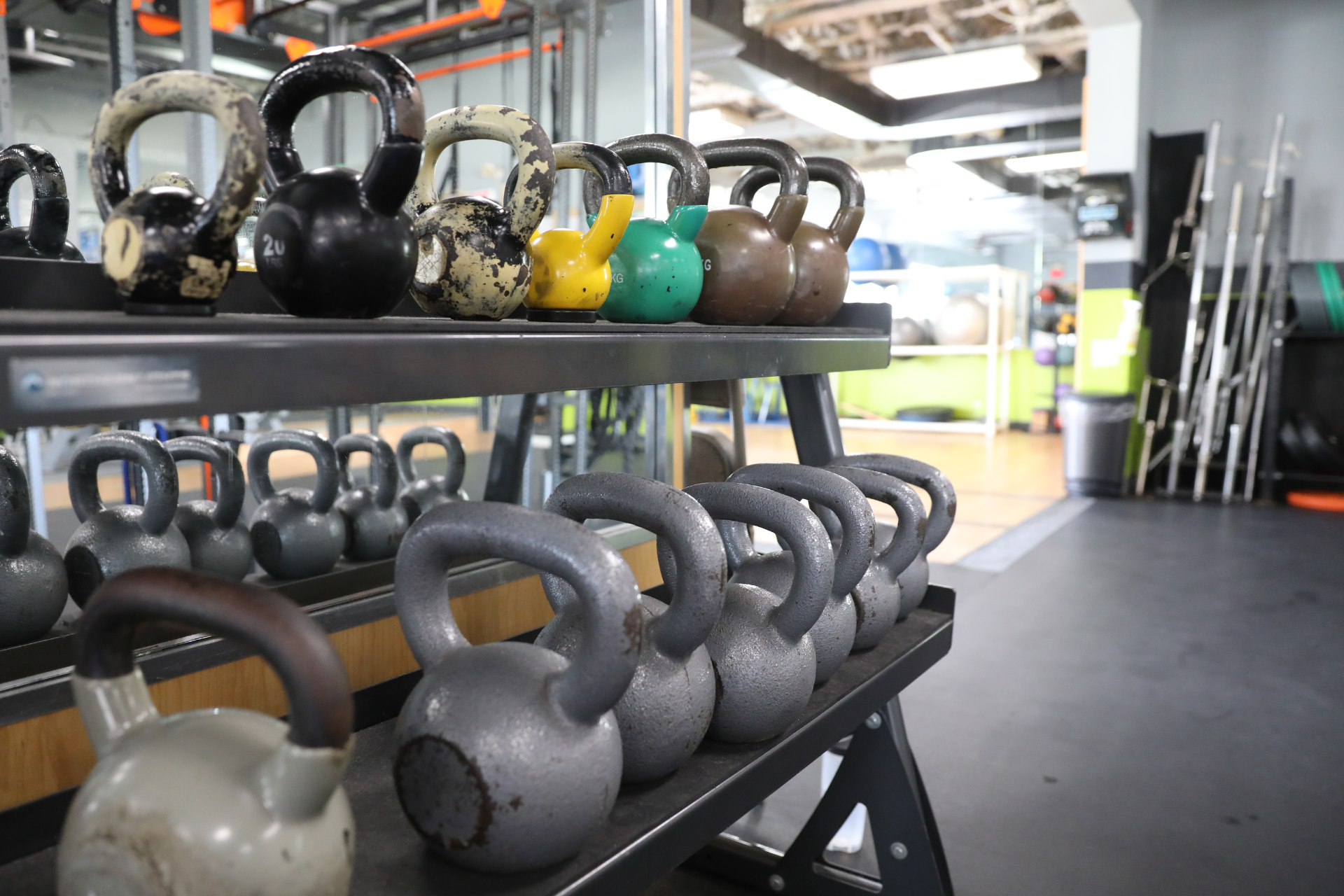A word from Kerri, RD.
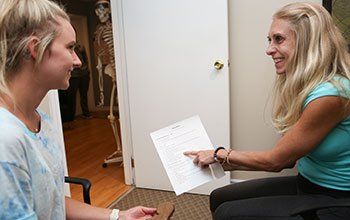
Weight loss, management and sustainability has been a main focus of my practice throughout the past 25 years as an RD in a fitness club environment. Carrying extra weight (BMI over 25) occurs due to many reasons from excessive calorie intake, insufficient activity output, imbalance of nutrients and metabolic imbalances from a particular health condition and age stage. Insufficient activity output is particularly rampant in today's society as we can ascertain anything we want with the variety of apps that work instantaneously for us from our devices. Due to technology, electronic or gas powered machines, we no longer need to vacuum our homes, shovel our snow, rake our leaves or even leave the house for our amenities. It's frightening!! When it comes to the nutrition side of things: One very common attribute I see contributing to a relentless appetite that can lead to weight gain is a diet with an insufficient amount of protein. Take a look at the following to give you some insight into getting protein in your diet.
Introduction To Protein And High Protein Foods
Protein is an essential nutrient to keep your body functioning well. Proteins are part of every cell in your body and are needed to build and repair muscle, tissue, skin, nails and hair. Protein also helps build hormones and enzymes.
Here are some tips for healthy protein choices.
What foods contain protein?
Protein is found in beans, lentils, dried peas, tofu, tempeh, edamame, nuts and seeds and their butters, fish, meat, poultry, eggs, milk, soy milk, cheese and yogurt. Small amounts of protein are also found in grains, vegetables and fruit. Eating protein from a variety of sources will help make sure you are getting other important nutrients like fibre, calcium, iron and B12.
How much protein do you need?
It has been a longstanding Canadian recommendation that adults (19 years and over) require 0.8 grams of protein for every kilogram of body weight. For example, if you weigh 68 kg (150lbs), then you would need about 55 grams of protein per day. Despite the recommendation, there continues to be a debate on the methods to estimate protein requirements, as many experts cannot come to an agreement. 0.8g / kg, in a lot of cases, would be about 10-15 % of calorie requirements which is insufficient (in most cases) to get physical needs met for muscle building and repair as well as feeling satiety. When basic protein requirements are not met, one keeps eating until those needs are met in which case will most likely include high carbohydrate foods. When carbohydrate foods are over-consumed, one gains weight. The scenario worsens when the individual is not active. There is a growing body of research (see sources below) that supports the increased (above the current RDA) consumption of high - quality protein to achieve optimal health outcomes such as healthy aging (reduced age related sacopenia), appetite regulation, weight management, and athletic performance. Protein quality, per meal serving size and timing of ingestion are also all important considerations. Some experts indicate a range of 1.2 - 1.6 g/ kg/ day of protein to achieve optimal health outcomes, with athletes requiring even more, keeping in mind not to over consume protein as too much has been shown to lead to kidney and/or bone health issues.
Talk to a dietitian about the amount of protein that is right for you.
Making healthy protein food choices
Protein foods should be included at every meal. Aim for 1⁄4 (one quarter) of your meal or plate to come from protein sources. Choose protein foods that come from plants more often. Plant-based protein foods can provide more fibre and less saturated fat than other types of protein foods. This can be beneficial for your digestive system and for promoting heart health.
Enjoy a variety of protein foods to help meet your nutrient needs.
● Choose lean meats and skinless poultry: When choosing beef, look for well-trimmed eye of round or sirloin, or extra lean ground beef. Pork tenderloin or loin chops are good pork choices. Remove the skin from chicken or turkey, as the skin is high in saturated fat. Avoid drowning your meat or poultry in high fat sauces such as cream, gravy and butter. Try marinades made with lemon, garlic, yogurt and herbs and spices to get maximum flavour. Heart healthy cooking methods include: baking, broiling, grilling, roasting and barbequing.
● Eat fish more often: Fish is a good source of protein but even more important – many types of fish are an excellent source of omega-3 fats. Regular consumption of fish with omega-3 fats can help to reduce the risk of heart disease. Examples of fish high in omega-3 fats include char, herring, mackerel, rainbow trout, salmon and sardines. Just remember to prepare your fish in a heart healthy way such as baking, broiling, grilling or poaching. For information on fish and mercury risk visit UnlockFood.ca.
● Try having meat-free meals more often. Many of these plant sources of protein are high in fibre and low in saturated fat, so they help you stay full and keep your heart healthy.
● Legumes such as beans, lentils, and soy foods like tofu are good sources of protein: Did you grow up in a family where meat took centre stage on the dinner plate?
● Try nuts and seeds: Nuts, seeds and their butters are good sources of protein and healthy monounsaturated fats. They make great afternoon snacks and yummy additions to salad, cereal and yogurt.
How much protein do vegetarians need?
People often think that being a vegetarian or vegan means that it can be hard to get enough protein. Not true! There are many vegetarian sources of protein like beans, lentils, dried peas, tofu, tempeh, nuts and seeds. Eggs, low-fat cheese, yogurt and milk are also good sources of protein for vegetarians who eat these foods. Vegetables and grain products also contain small amounts of protein too. Vegetarian diets have been linked to lower risk for heart disease and some types of cancer. Even if you’re not a vegetarian try having a meal centered on plant sources of protein at least once a week.
Need some ideas for getting more plant protein in your diet?
• Start your day with a whole-grain cereal or a bowl of oatmeal. Increase the flavour with some almonds or pumpkin seeds. (1/4 cup oatmeal = 3 grams protein; 1/4 cup almonds = 8 grams protein)
• Busy morning? Make your own protein bars the night before for a portable breakfast. (1 bar = 7 grams protein) • Add chickpeas, lentils or black beans to your soup or salad at lunch. (3/4 cup black beans = 11 grams protein; ¾ cup lentils = 13 grams protein)
• Cook up a big bowl of bean rich chili that’s loaded with vegetables. (1 serving = 14 grams protein) • Choose whole grain breads and crackers with sliced cheese (1 slice bread = 3 grams protein; 50 grams cheese = 12 grams protein)
• Great pre or post exercise snacks are mini-yogurt or cottage cheese cups. (3/4 cup yogurt = 8 grams protein)
• Need an afternoon pick-me-up? Try peanut butter on whole grain bread with a glass of milk or soy beverage. (2 tablespoon peanut butter = 7 grams protein)
• Try a tofu stir-fry loaded with vegetables and flavoured with sweet chilli sauce. (3/4 cup tofu = 16 grams protein)
• Try a quinoa salad instead of pasta. Quinoa is a whole grain that is also a source of protein. (1/2 cup quinoa = 3 grams protein) For recipe ideas, visit Cookspiration.com.
How can a dietitian help?
A dietitian can work with you to make sure you are getting enough protein to meet your unique needs and goals. They can suggest ways to incorporate more plant-based protein foods into your diet. Dietitians consider your lifestyle, culture, health conditions, food skills, budget and preferences to give you personalized guidance. Most employee benefit plans cover dietitian services. Connect with a dietitian today!
Bottom line
Including a variety of protein sources at every meal will help ensure you get enough protein and other important nutrients. Choose plant-based sources of protein to promote heart health. Some people need different amounts of protein than the average adult, connect with a dietitian if you have questions about how much protein is best for you.
Visit www.NutritionMonth2023.ca for more on how to connect with a dietitian and for trusted food and nutrition information.
This blog article has been adapted from the Dietitians of Canada website for Nutrition month 2023.
Additional sources: Protein requirements beyond the RDA: implications for optimizing health. Applied Physiology, Nutrition and Metabolism. Feb. 2016.


